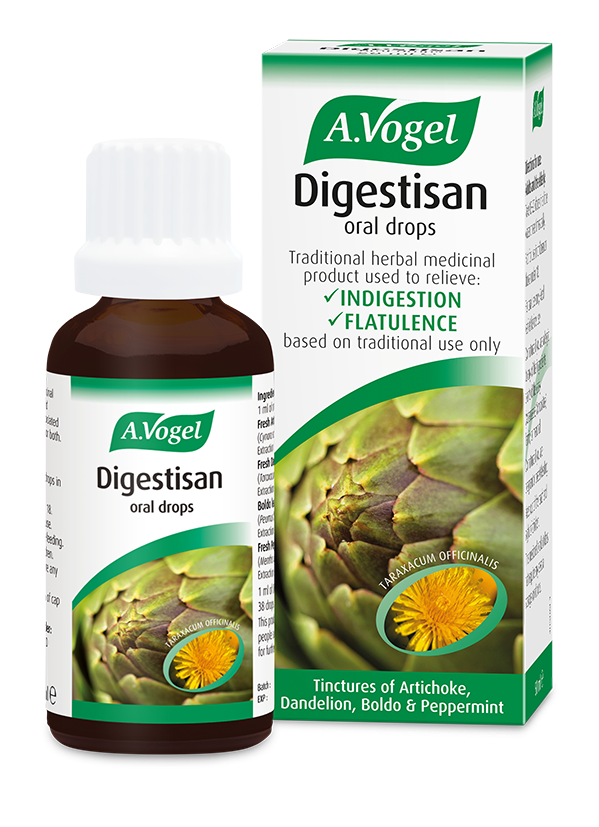An introduction to food intolerances
Food intolerances are fairly common and occur because the digestive system is unable to break down or absorb certain food types. This is different from a food allergy which is a reaction of the immune system leading to inflammation.
Nevertheless, food intolerances often cause persistent and troublesome symptoms which can be hard to pinpoint. However, once the trigger or problem food has been identified, treatment is usually easy and successful.
What are the symptoms?
As our digestive systems are all slightly different, a food intolerance is often an individual condition. This means that everybody will experience slightly different symptoms. The most common of these are:
- Abdominal discomfort
- Bloating
- Nausea
- Constipation
- Diarrhoea
- Fatigue
- Lethargy
- Stomach cramps
- Changes in weight
Typically, symptoms begin around two hours after eating the trigger food. Sometimes it can be difficult to identify the type of food responsible, so it may be worth keeping a diary of food eaten against symptoms to help identify any which cause problems.
Lactose and dairy intolerance
This is perhaps one of the most common types of food intolerance. It is the result of the body being unable to produce enough lactase, an enzyme which breaks down lactose. Lactose is a sugar found in many dairy products.
Some people with a lactose intolerance cannot properly digest dairy products, and may also have intolerances to whey or casein. The result is bloating, loose bowel motions or even diarrhoea.
Through trialling different foods, you will learn what you are able to tolerate and what you need to avoid.
Gluten and wheat intolerance
Gluten is a protein which gives elasticity to dough. Normally it is broken down in the small intestine. However, some people struggle to digest gluten, and it irritates their digestive system.
In some cases, people may only be intolerant to wheat, but not other gluten-based food types such as barley or rye. If this is the case, eliminating wheat should reduce all symptoms.
Coeliac disease is not a food intolerance but an adverse reaction of the immune system to the presence of gluten. Unlike with a food intolerance, where a little gluten may be tolerated, coeliac patients must avoid all gluten.
Treatment of food intolerances
In most cases, food intolerances can be managed through diet. This largely involves avoiding or limiting consumption of trigger foods.
In some cases, food intolerances are caused by temporary damage to the small intestine. If this is the case, trigger foods should be able to be reintroduced to the diet once the intestine has recovered.
If you are following a restricted diet, it can be difficult to ensure that you are including enough vital vitamins and minerals. In some cases it may be worth taking food supplements to ensure you are keeping healthy.








